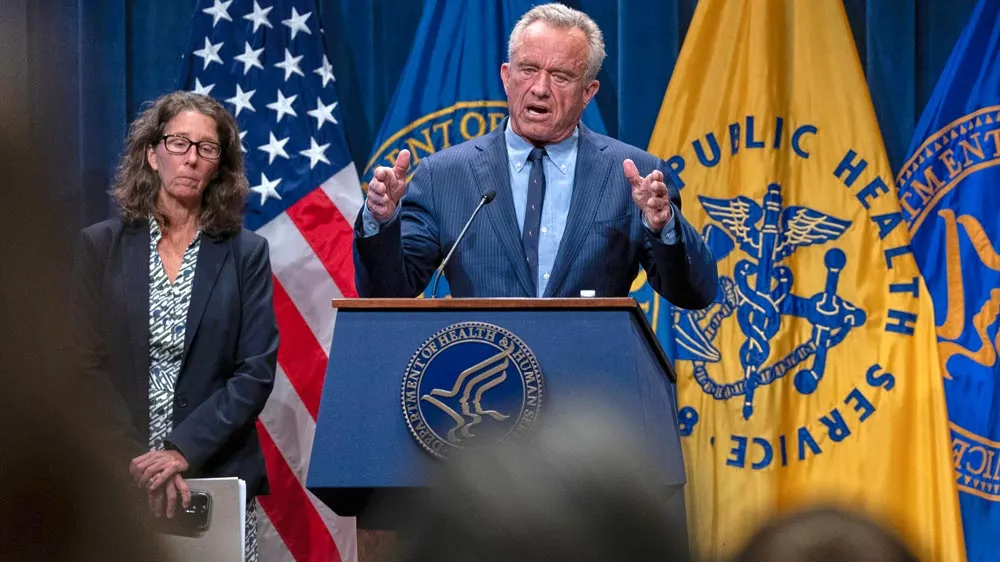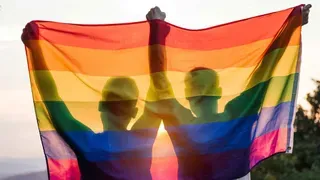June 14, 2015
New Coalitions for Some? Or for All?
Caleb Rainey READ TIME: 3 MIN.
In the midst of the travesty of the newly proposed religious freedom laws cropping up in Indiana and Arkansas, among numerous other states, this April, Chad Griffin, head of the Human Rights Campaign (arguably, the most recognizable and visible organization in the LGBT movement), released an op-ed in USA Today. In the piece, he discussed "A new American coalition for equality," which has stuck with me for the better part of two months. The opinions and politics it expressed, compounded my growing fears. Fears shared by many millennials, about the potential consequences of the Supreme Court ruling in favor of marriage equality this June.
Many LGBT people, including myself, wait with bated breath for the Court's decision on marriage equality. It seems absurd that this is even an issue, and many of us are confident that justice will land on our side this time around. But then I find myself asking, "Then what?" When the judgement is granted and we can skip down the aisles from Louisiana to Colorado, then what?
When looking at Chad Griffin's op-ed, we can catch a glimpse of the "Then what..." and it looks awfully pale, male and moneyed. Griffin's "new coalition for equality," and the movement for justice that he cites, fail to include the labor movement, the racial justice movement, or the women's movement. Indeed, the new coalition that he lists is composed of corporate entities and religious bodies, neither of whom are known for their commitment to women, the working class, or people of color.
When men like Griffin and the people who belong to this "new coalition" (and enjoy their right to engage in militarism with as much dignity as their straight brothers and sisters) attain their marriage equality rights, will they still be in the fight? Or will we see them and their funding disappear as so many of us still struggle?
The reason this particular op-ed has been haunting me for the last two months is that it expressed the kind of limited vision and single issue politics that tends to include wealthy, white, gay men and a few lesbians, who will be fully included in the fabric of the U.S.A. - almost. Those of us who are female, trans, black, brown and poor will continue to struggle, for our lives, liberty and pursuits of happiness, in all its varied forms. It should be deeply troubling to all who consider themselves a part of the LGBT movement that the leader of the largest organization of that movement can write on op-ed discussing equality and not even mention, much less support, other actions for equality happening in the nation currently. Movements such as Black Lives Matter, the immigrant rights movement, the fight for higher minimum wages and affordable education and the renewed battle against abortion restrictions and sexual assault.
Perhaps it is because none of these issues touch Mr. Griffin's life directly, or the lives of people like him. But many of these issues do touch the lives of most LGBT people. A majority of us are not wealthy, are not men, are not white and do not rate marriage as the top issue affecting our lives. And any issue that affects large swaths of our community, like racism and police brutality, are emphatically LGBT issues and must be part of any "new" coalition for equality agenda. If we are to be a coalition for equality, we must join with and prioritize the needs of all disenfranchised people. Only then will we have a shot at true social justice.
The article referred to by Rainey can be found by entering "Chad Griffin" in the USA Today's search window at usatoday.com





